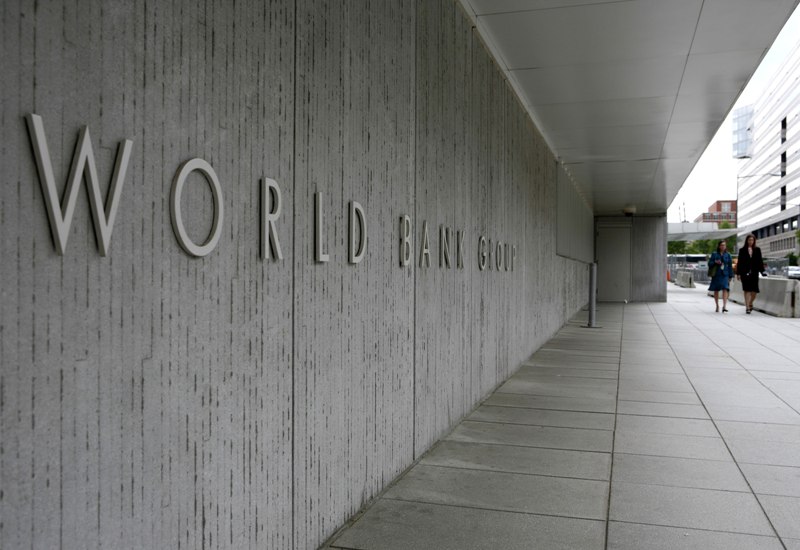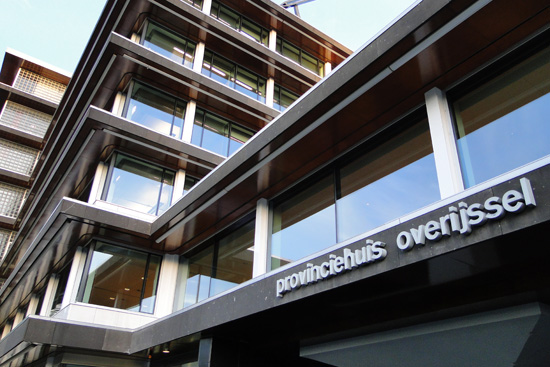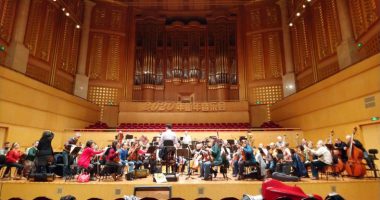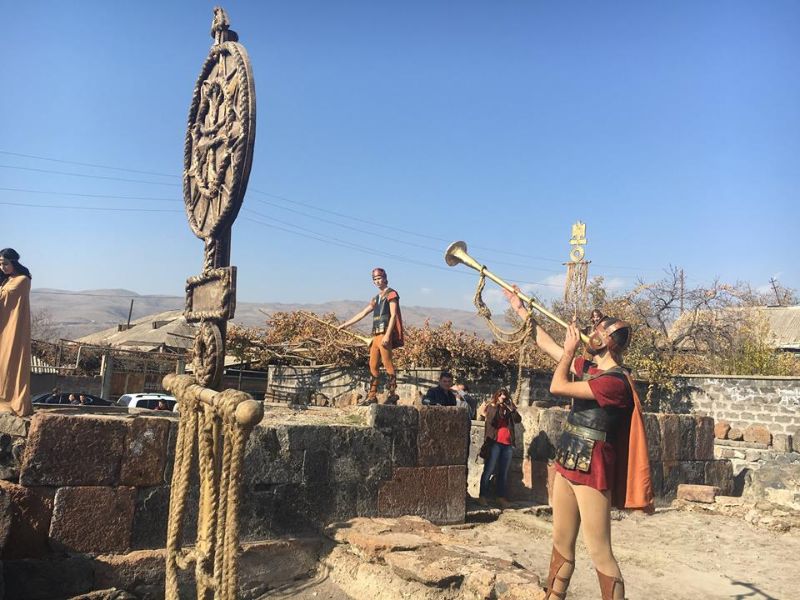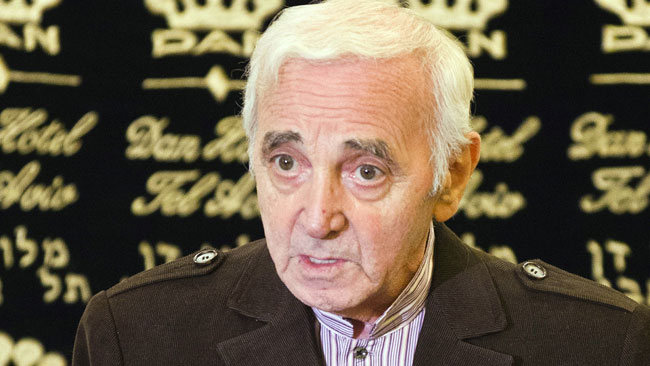YEREVAN (RFE/RL) — The World Bank has disbursed more than $120 million in three new loans to Armenia that are designed to boost Armenian exports, upgrade the domestic energy infrastructure and support thousands of livestock farmers in impoverished rural communities.
The largest of the loans, worth $50 million, will be used for export promotion and reform of government licensing agencies dealing with foreign trade.
“The project will transform the investment, export promotion, and quality infrastructure agencies into modern service providers operating in accordance with international best practices,” the World Bank said in a statement issued after a meeting late on Wednesday of its governing board that approved the release of the credit repayable in 25 years.
The statement said these improvements will also make Armenia more attractive to foreign investors. In addition, it said, the money will enable the Armenian government to open more trade representations in “key export and investment markets.”
“Left unchanged, the current structure of export basket will do little to mitigate the country’s vulnerability to global competition and will lead to a lower growth trajectory,” warned the bank.
Another credit worth $40 million will finance the refurbishment of three key electricity substations which the World Bank believes will “enhance the reliability of the power supply” in Armenia. “This would allow avoiding increased incidence of power supply outages, as well as associated significant social and economic costs,” Jean-Michel Happi, head of the bank’s Yerevan office, was quoted as saying in a separate statement issued after the board meeting in Washington.
“The average age of Armenia’s power transmission assets is around 45 years and most of them have not undergone any major rehabilitation or upgrade over the past decades,” explained the statement.”
The release of the third credit worth around $33 million was announced late last month. It marked the launch of the second phase of a project to support dozens of mountainous villages across Armenia that live off livestock farming. The loan coupled with $10 million in government funding will essentially be channeled into agricultural cooperatives that are due to be created in around 100 such communities. It is expected that each of them will receive $200,000 for gaining better access to remote pastures, opening milk collection facilities or obtaining machinery to harvest fodder.
“At least 50,000 farmers are expected to participate in this project through their membership in Pasture Users’ Cooperatives,” the World Bank said on June 20.
The bank already provided $16 million in 2011 for setting up such cooperatives and improving agricultural infrastructure in dozens of other impoverished communities. Then Prime Minister Tigran Sarkisian personally promoted the project, inaugurating the first cooperatives. His government hoped that the project will help to revive farming on thousands of hectares of unused land.

